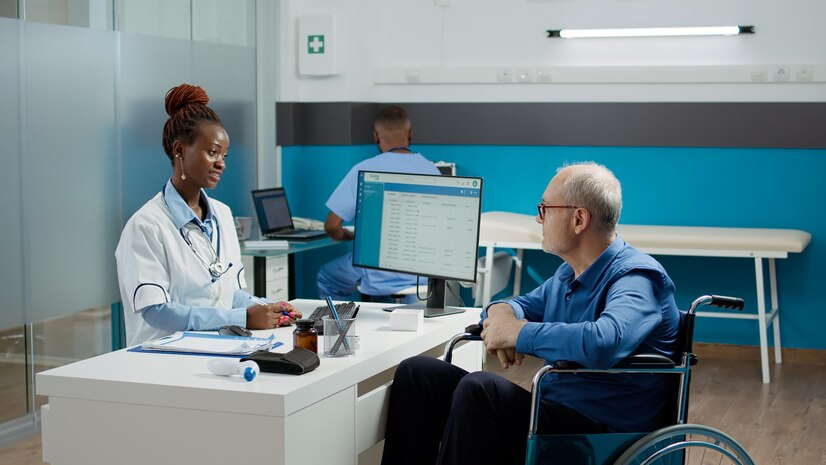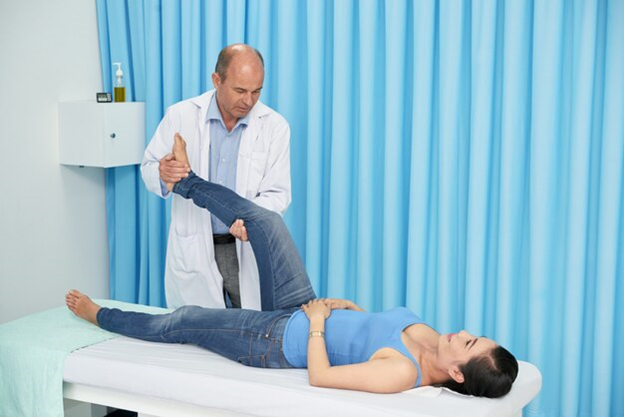A colonoscopy is a vital medical procedure used to detect and diagnose conditions affecting the colon and rectum. It involves the insertion of a flexible tube with a camera through the rectum into the colon to examine its lining. While the focus is typically on the procedure itself, the role of rehabilitation in preparing for colonoscopy is often overlooked but crucial for ensuring patient comfort, safety, and successful outcomes.
Understanding Colonoscopy
Before delving into the role of rehabilitation, it’s essential to understand what a colonoscopy entails. This procedure is instrumental in detecting colorectal cancer, polyps, and other gastrointestinal conditions. Patients are often advised to undergo colonoscopy screenings periodically, especially if they are at higher risk due to factors like age or family history.
Preparing for the Procedure
Preparing for a colonoscopy involves several steps, including dietary restrictions, bowel preparation, and psychological readiness. Effective rehab plays a significant role in addressing these aspects to ensure patients are physically and mentally prepared for the procedure.
Rehabilitation specialists work closely with patients to optimize their physical health before the colonoscopy. This may include exercises to improve bowel function and overall mobility, which can aid in the effectiveness of bowel preparation medications.
Addressing Bowel Preparation Challenges Through Rehabilitation
One of the critical challenges patients face before a colonoscopy is bowel preparation. Effective cleansing of the colon is essential for clear visualization during the procedure. Rehabilitation focuses on strategies to help patients adhere to the prescribed bowel preparation regimen, which often involves a clear liquid diet and laxatives.
Rehabilitation specialists educate patients on dietary modifications and provide personalized guidance to manage potential side effects such as nausea or discomfort. By preparing patients physically and mentally, rehabilitation enhances the efficacy of bowel preparation, thereby improving the quality of the colonoscopy results.
Psychological Support
Beyond physical preparation, rehabilitation also addresses the psychological aspects of undergoing a colonoscopy. Many patients experience anxiety or fear related to the procedure, which can impact their willingness to comply with preparation instructions.
Rehabilitation professionals employ various therapeutic techniques to alleviate anxiety and enhance patient compliance. Techniques such as cognitive-behavioral strategies and relaxation exercises help patients manage stress and approach the procedure with a positive mindset.
Post-Procedural Rehabilitation
While the Colonoscopy surgical procedure itself is relatively quick, post-procedural care is essential for recovery and monitoring. Rehabilitation continues to play a role in supporting patients during this phase, focusing on recovery from sedation, monitoring for complications, and promoting early mobilization.
Rehabilitation specialists assess patients for any immediate post-procedural issues such as pain or discomfort and provide interventions to promote comfort and recovery. They also educate patients on post-procedural care instructions, including dietary recommendations and activity restrictions.
The Evolution of Rehabilitation in Colonoscopy Preparation
Advancements in medical technology and rehabilitation practices have transformed the preparation process for colonoscopy. Today, rehabilitation incorporates innovative approaches to enhance patient experience and procedural outcomes.
Technological advancements such as telehealth allow rehabilitation specialists to provide remote support and monitoring, ensuring continuous care and adherence to preparation protocols. Virtual rehabilitation sessions enable patients to receive personalized guidance and support from the comfort of their homes, improving accessibility and convenience.




